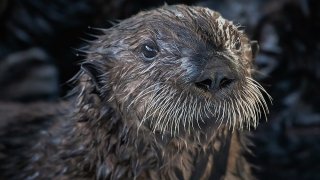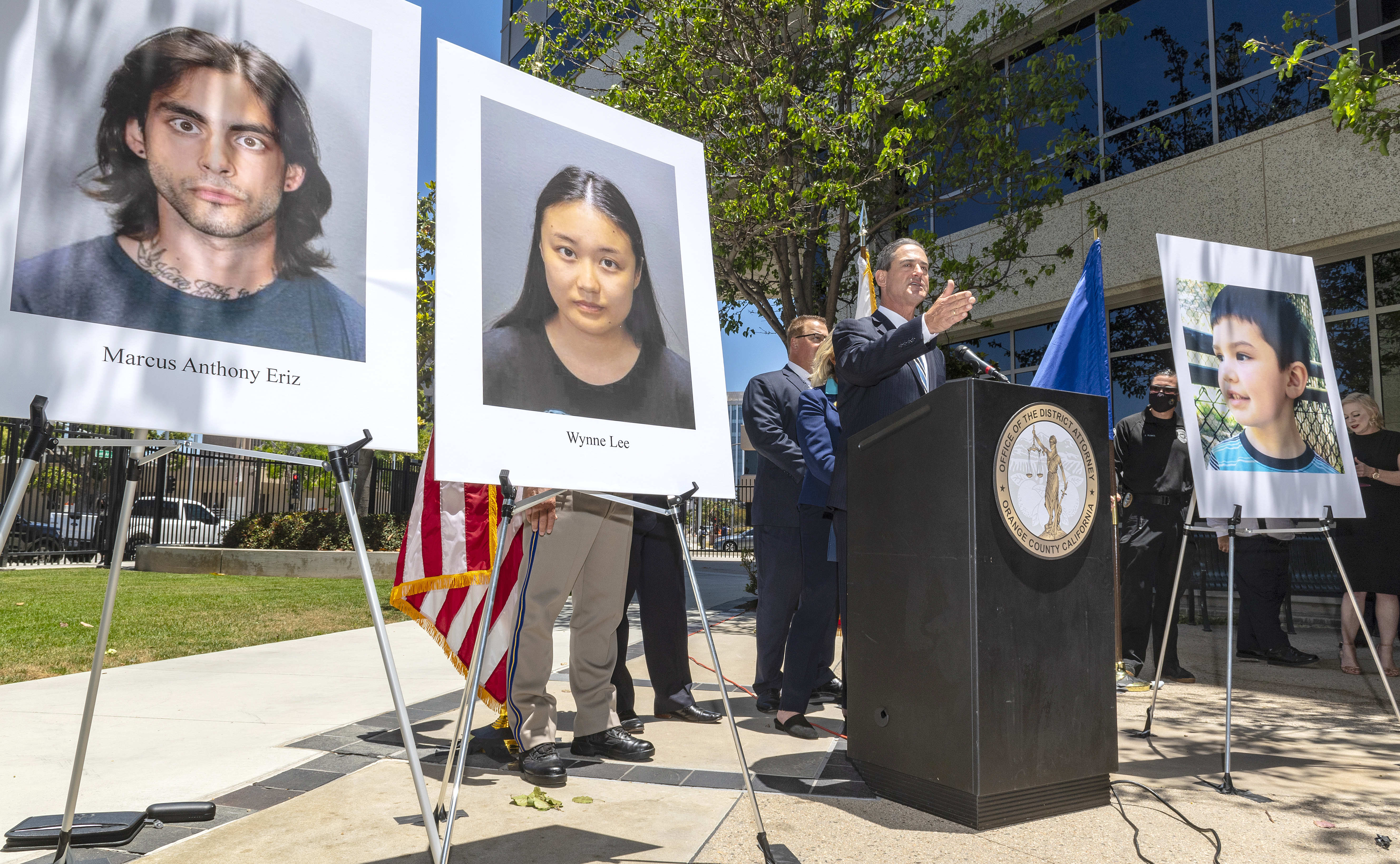
The Aquarium of the Pacific in Long Beach has welcomed a fourteen-week-old baby boy otter who made his public debut on Tuesday.
The orphaned otter pup was rescued off the coast of Pismo Beach by trained responders from The Marine Mammal Center’s field office in Morro Bay and is being cared for by staff at the Aquarium.
The Aquarium of the Pacific offered to care for the pup after government wildlife officials determined he could not survive on his own in the wild and he was unreleasable.
The Aquarium staff are feeding the pup every one to three hours, in his behind-the-scenes nursery, where he has been learning and residing with Betty, one of the Aquarium’s female sea otters.
Get Southern California news, weather forecasts and entertainment stories to your inbox. Sign up for NBC LA newsletters.
“When he arrived at the Aquarium a few weeks ago, he weighed about ten pounds. He is eating well and is now up to 16 pounds,” Brett Long, Aquarium of the Pacific curator of marine mammals and birds, said.
Caring for the otter pup will “further the experience of Aquarium staff who will be helping to care for orphaned pups as a participant in the Sea Otter Surrogacy program, which pairs resident aquarium otters with orphaned pups to teach them the skills to survive in the wild,” the aquarium’s website stated.
Local
Get Los Angeles's latest local news on crime, entertainment, weather, schools, COVID, cost of living and more. Here's your go-to source for today's LA news.
The Sea Otter Surrogacy program is the result of a partnership with the Monterey Bay Aquarium, which has rescued, rehabilitated, and released stranded sea otter pups since the 1980s.
The Aquarium of the Pacific says its new surrogacy area is being built behind the scenes at its Molina Animal Care Center and will accommodate three to four rescued sea otter pups each year.
“Staff interaction with the orphaned otters in the surrogacy program will need to be minimal, and staff will need to wear special suits that distort the human form so these pups have a better chance at surviving in the wild,” Long says.
The Aquarium is also working to develop interpretative material to educate visitors on the surrogacy program and the significance of recovering southern sea otter populations.
Anyone interested in getting involved and contributing support to the Aquarium’s surrogacy program can visit this link and make a gift online or call 562-951-1701.



